US Initiates High-Stakes Peace Efforts Between Congo and Rwanda to Secure Billions in Mineral Investments
- by Baraga, Doha, RNG247
- about 21 hours ago
- 25 views
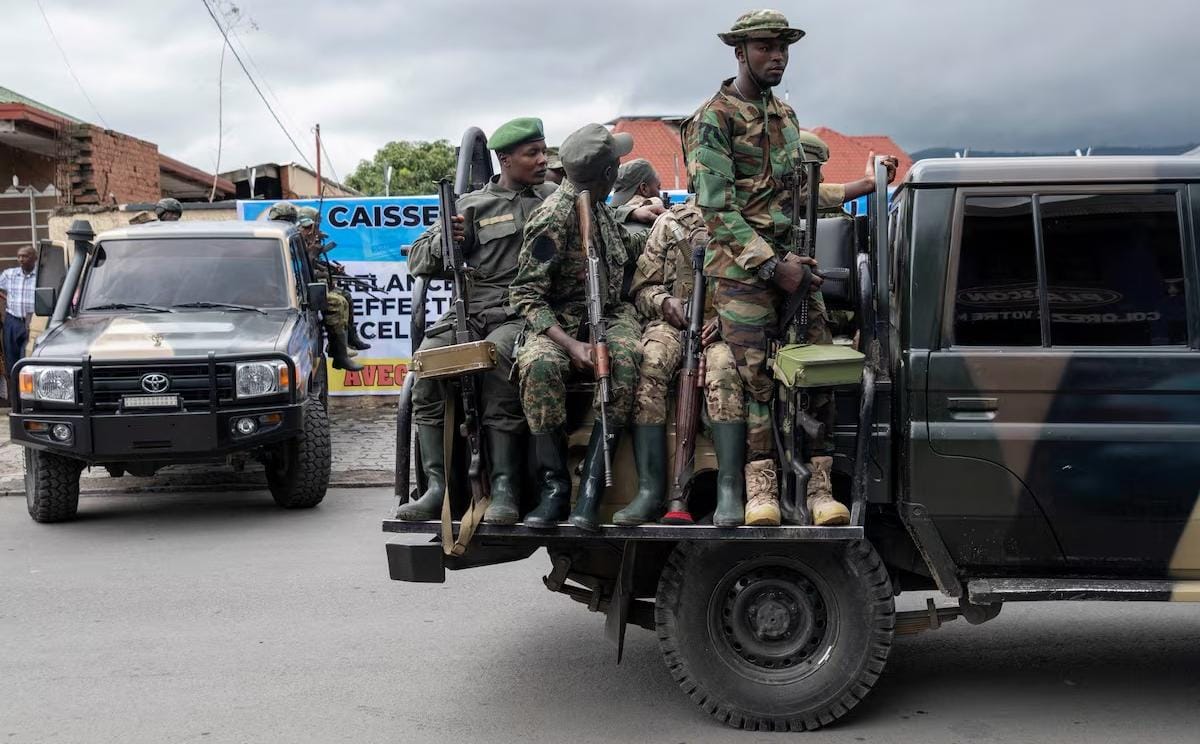
In a strategic move to foster regional stability and economic growth, the United States has taken the lead in negotiations between the Democratic Republic of Congo (DRC) and Rwanda, aiming to finalize a pivotal peace accord by July. This ambitious agreement, set to be inked at the White House, is expected to unlock billions of dollars in bilateral mineral deals, igniting significant Western investment in one of Africa's richest resource regions.
Massad Boulos, Senior Advisor for Africa to President Donald Trump, made these revelations in an exclusive interview while in the Qatari capital, emphasizing the urgent need for a peace agreement amid escalating violence attributed to Rwandan-backed M23 rebel forces operating within Congolese territory—violence that has characterized the tumultuous history of the region. Despite the allegations, Rwanda has consistently denied any involvement with the rebel group.
The upcoming peace talks will see both countries submitting separate drafts of the proposed agreement, following a series of diplomatic discussions that commenced in Washington last week. These negotiations are critical to reducing tensions, particularly in eastern Congo, where the persistent conflict over land and resources has led to severe humanitarian crises.
As part of this initiative, U.S. Secretary of State Marco Rubio is scheduled to meet with the foreign ministers of both nations in mid-May to finalize the peace accord. Boulos highlighted the significance of creating a conducive environment for investment, stating, “When we sign the peace agreement... the minerals deal with the DRC will be signed on that day, and a similar package, albeit of a different scale, will also be finalized with Rwanda.”
Boulos outlined the scale of potential investment, noting that while the deal with the DRC could involve significantly larger financial commitments due to its vast mineral resources—including tantalum, gold, and copper—Rwanda holds substantial potential in the mining sector as well. He elaborated, “Rwanda also possesses capabilities not just in upstream mining, but also in midstream and downstream processing, refining, and trading. This integration is vital for maximizing the benefits for both countries.”
The U.S. has indicated that American and Western companies are ready to mobilize multi-billion dollar investments in Congolese mines and associated infrastructure projects, contingent upon the ratification of these bilateral mineral agreements. However, Boulos stressed that before any formal signing ceremony at the White House can take place, both nations need to address various pressing security concerns.
Key among these is the demand that Rwanda withdraw its troops from Congo and cease its support for the M23 rebels. Conversely, the DRC must also tackle its own security issues, particularly those posed by the Democratic Forces for the Liberation of Rwanda (FDLR), a militia that threatens stability in the region.
To ensure progress in these negotiations, a follow-up committee has been established, comprising representatives from the U.S., Qatar, France, and Togo, acting on behalf of the African Union. This committee aims to monitor and facilitate the advancement of both nations towards a peaceful resolution and the resultant economic opportunities that could reshape the region's future.
As these diplomatic efforts unfold, the eyes of the international community remain firmly fixed on Congo and Rwanda, with the hope that a new chapter of peace, cooperation, and prosperity is on the horizon.



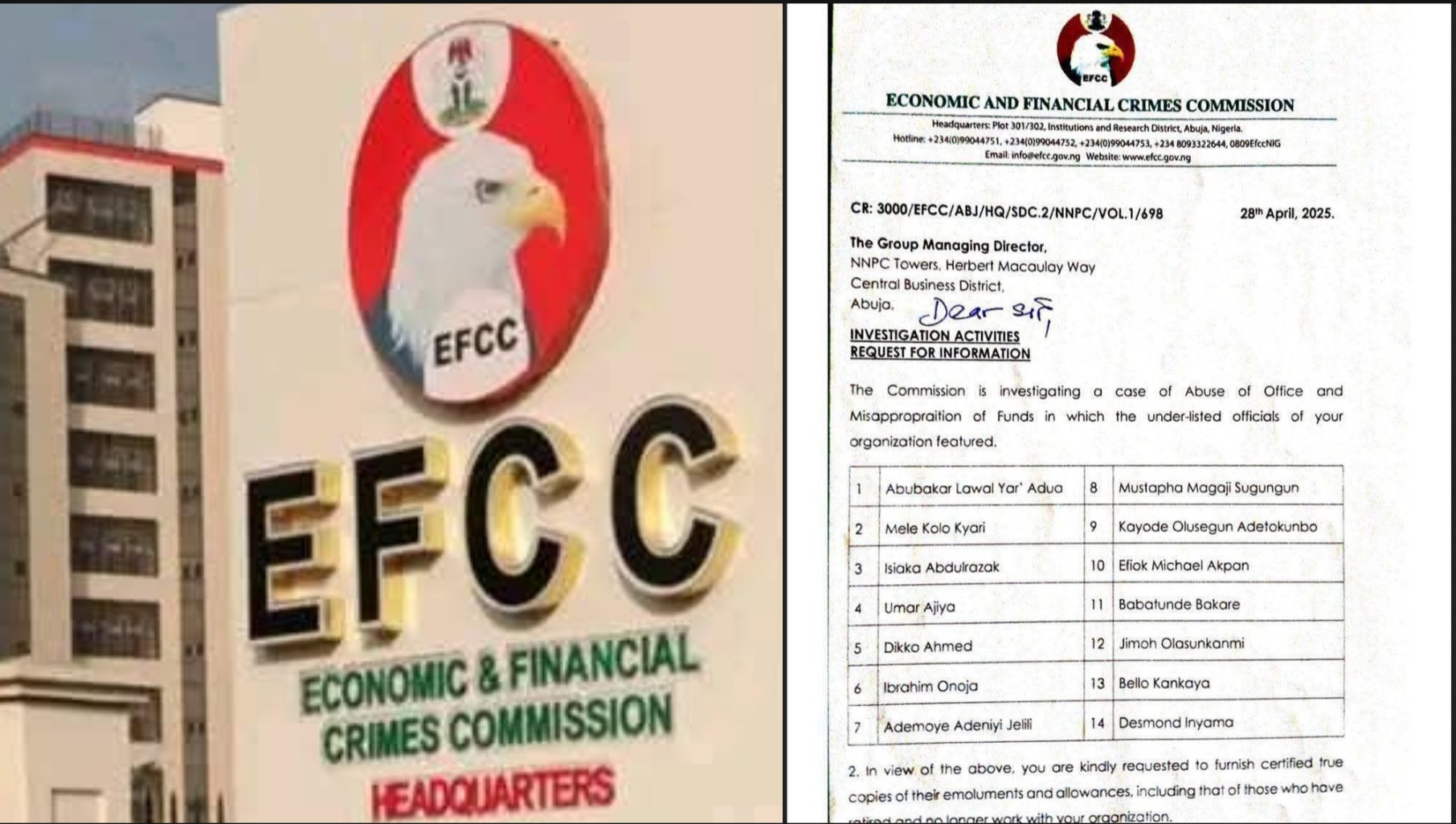
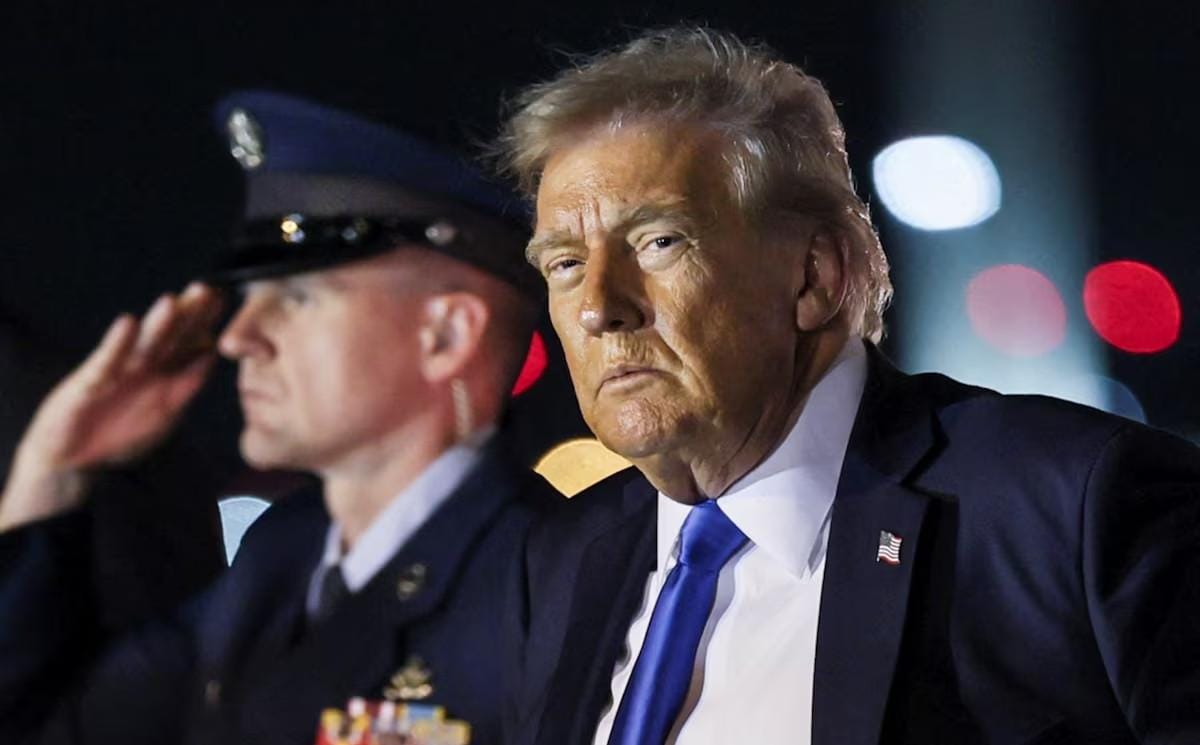
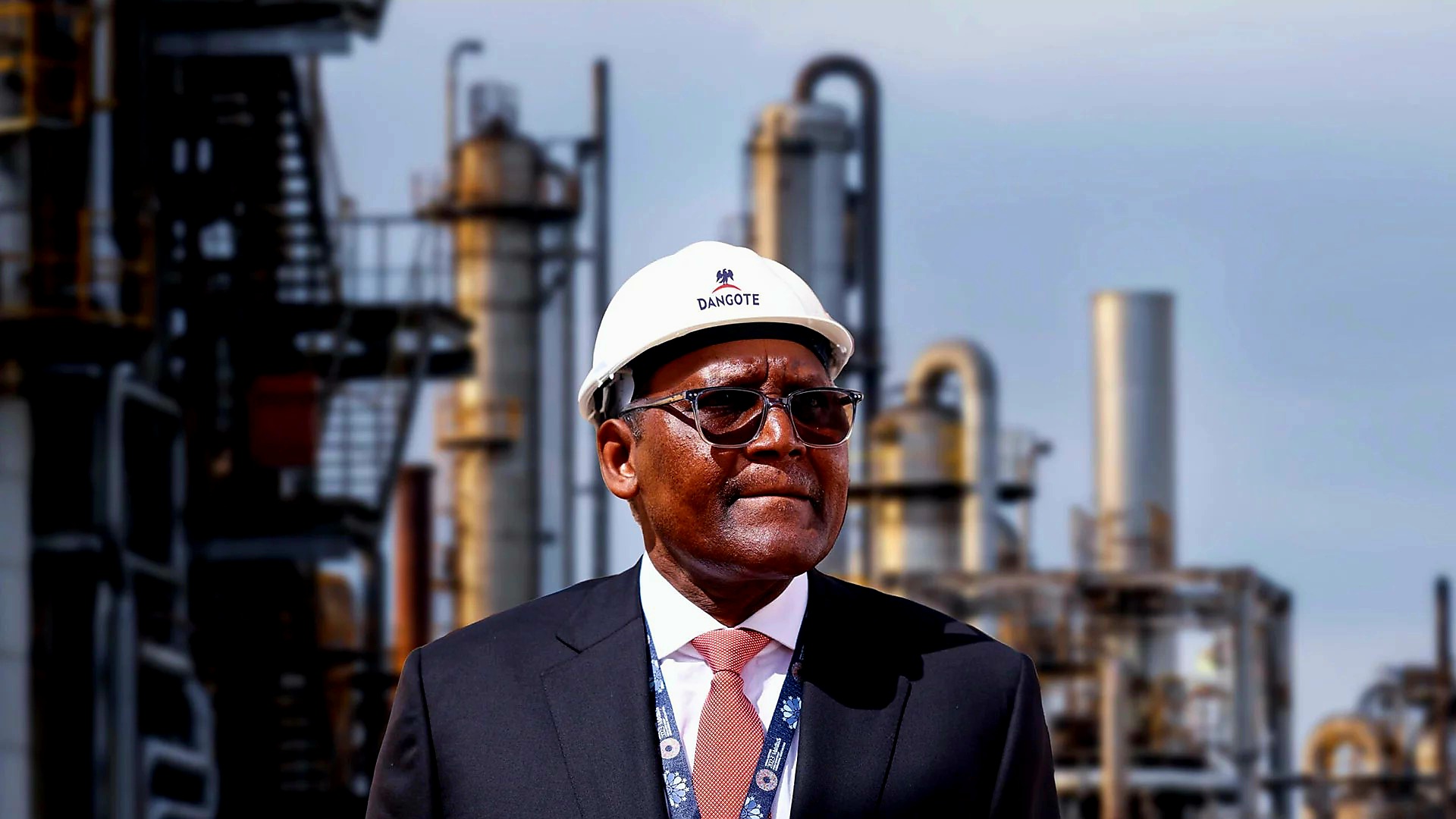
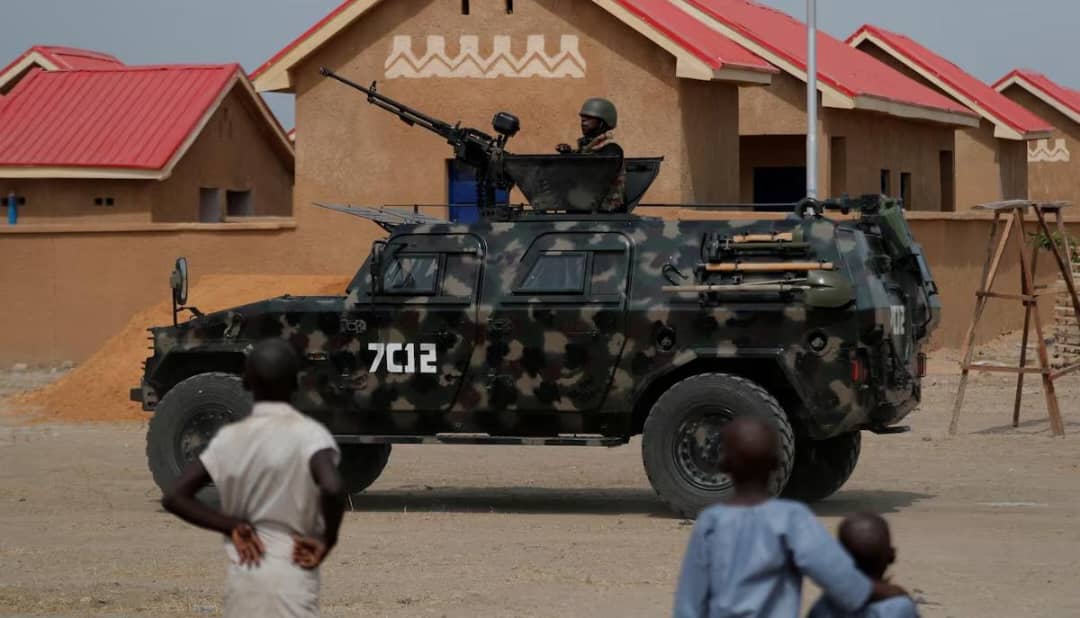
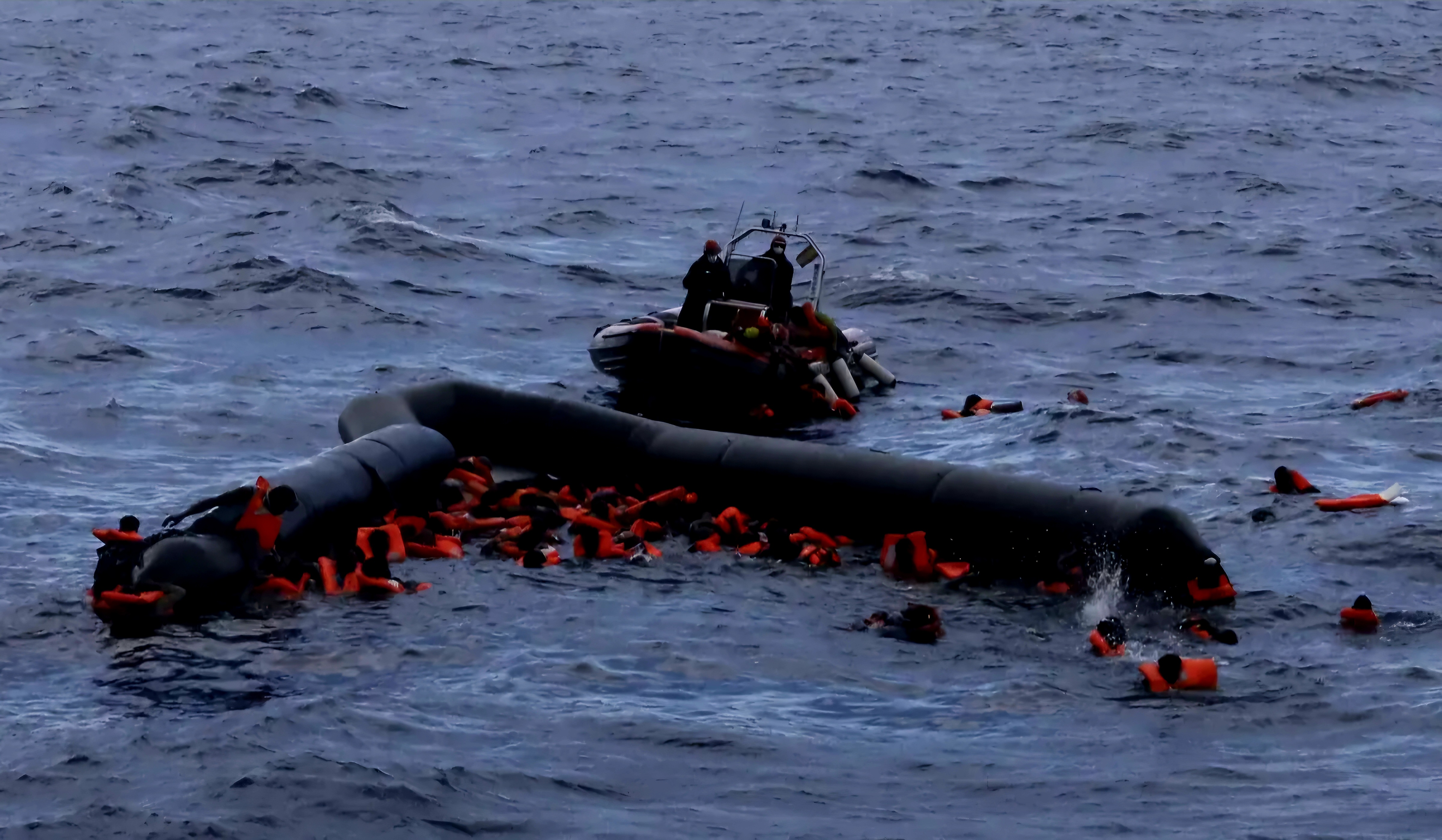
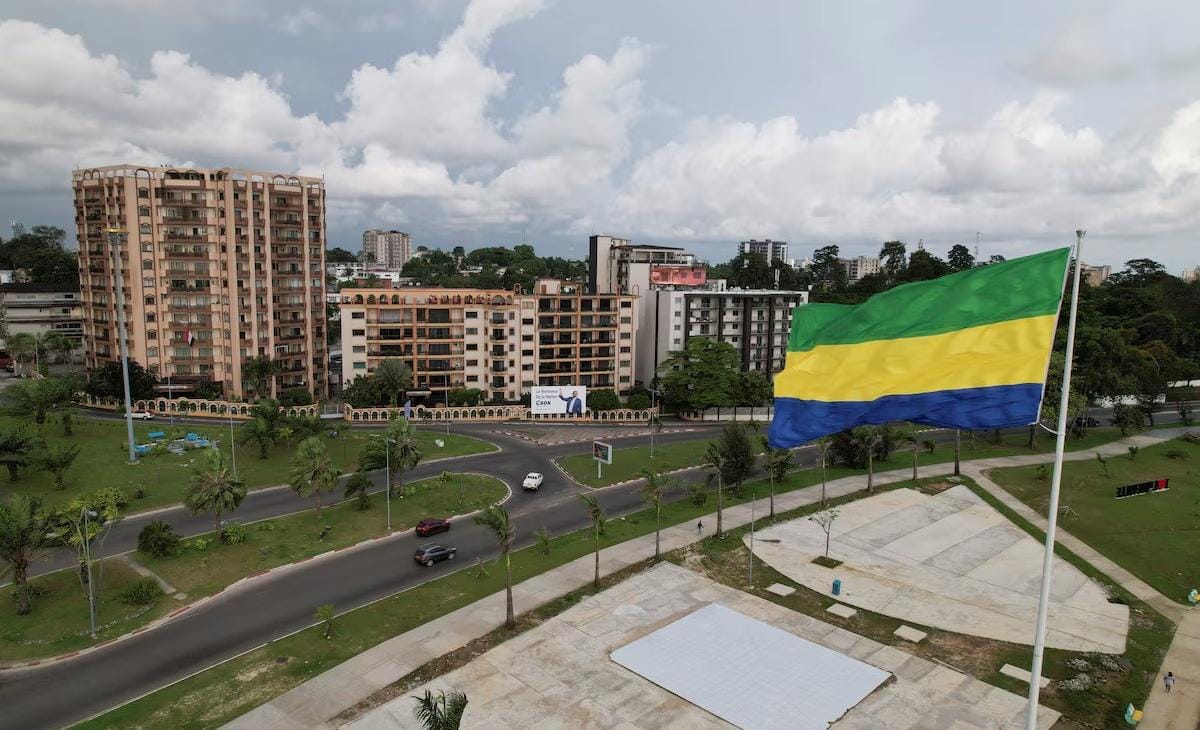
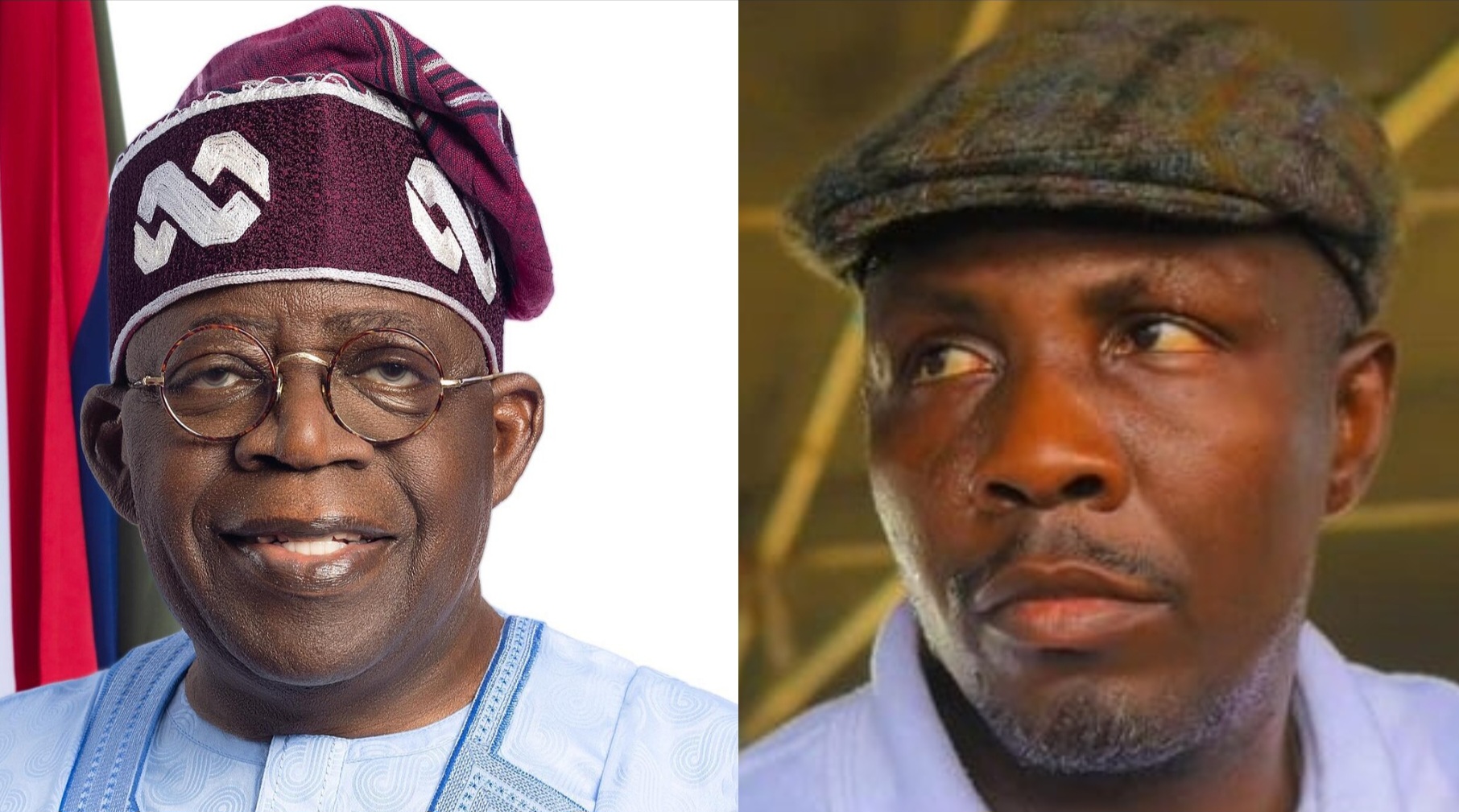
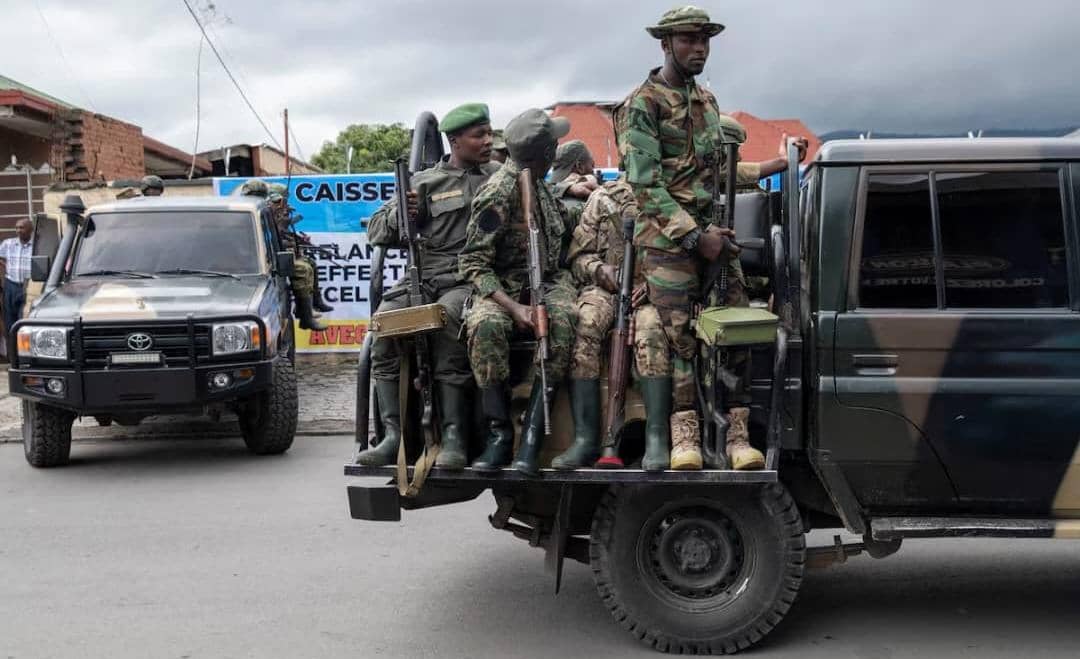
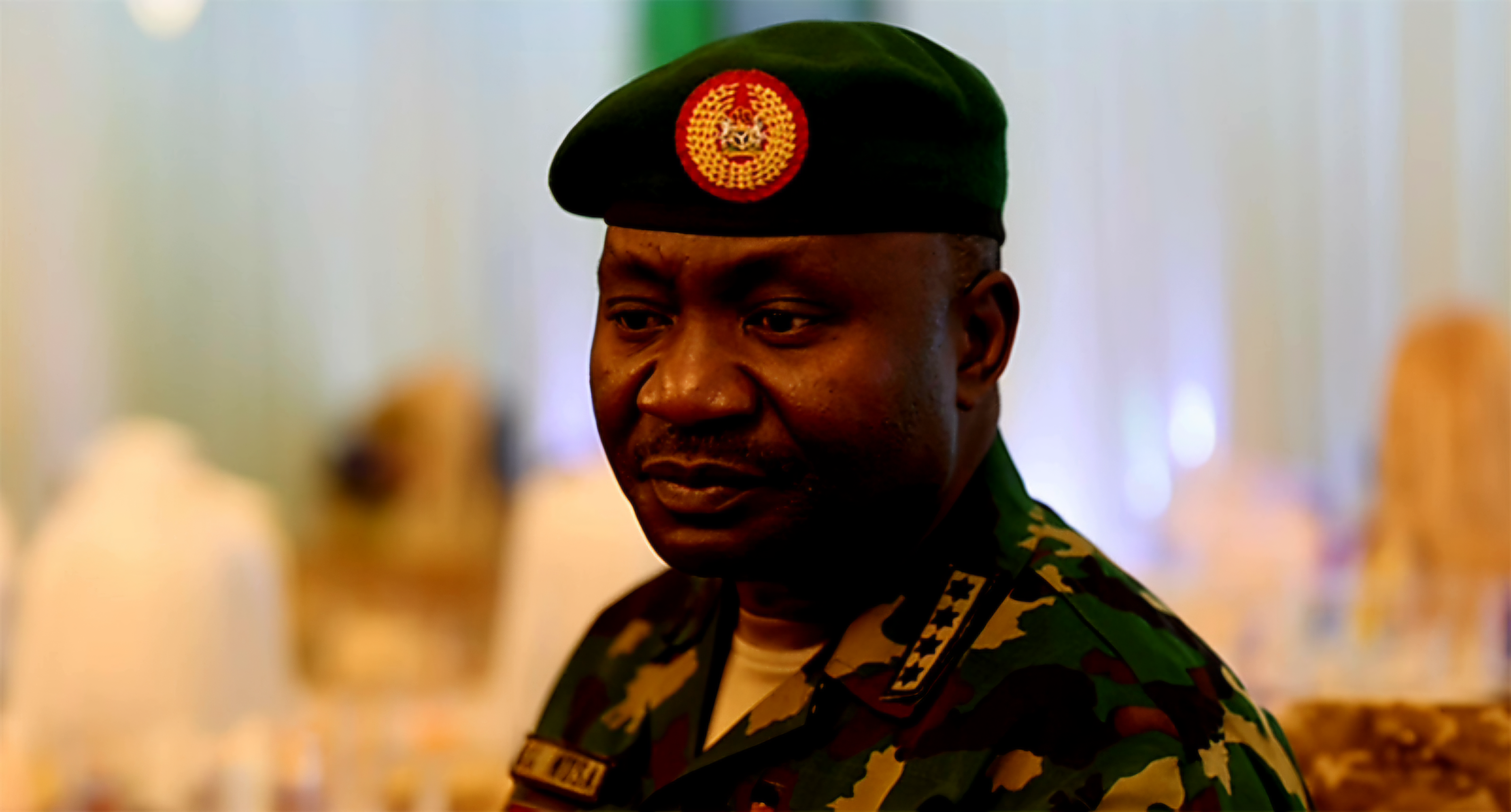
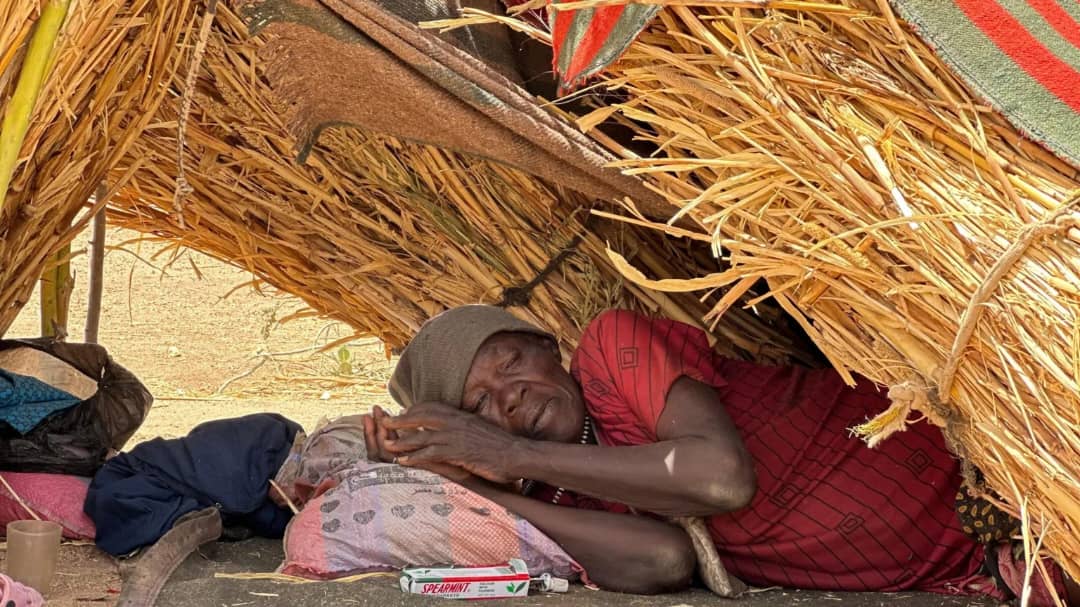
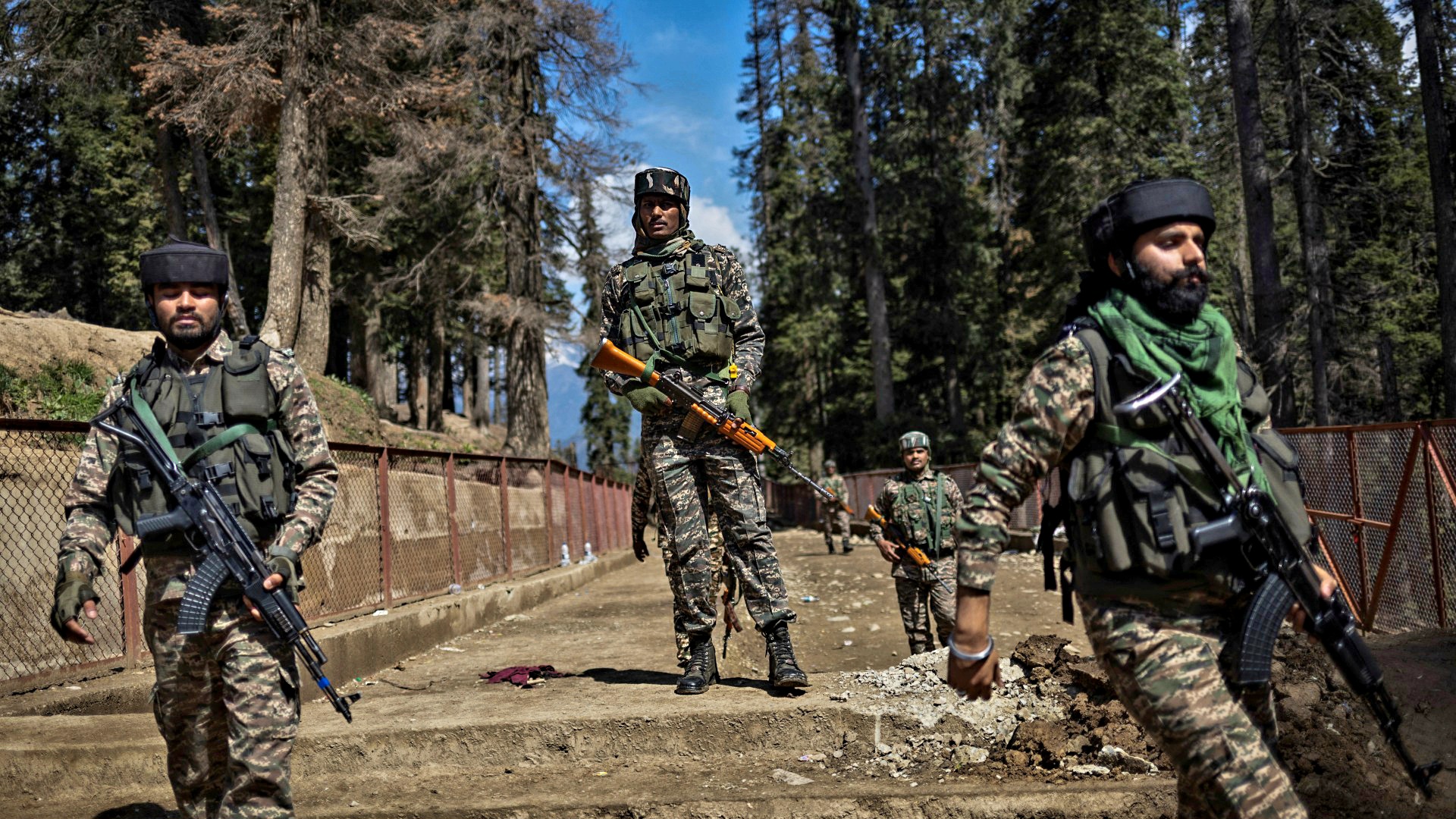
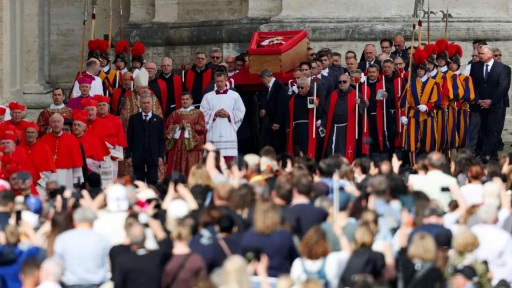

0 Comment(s)